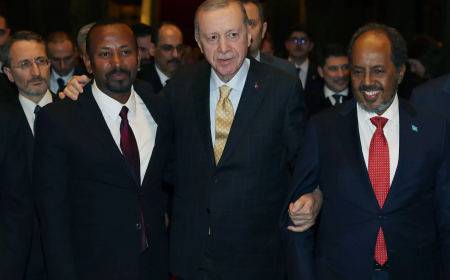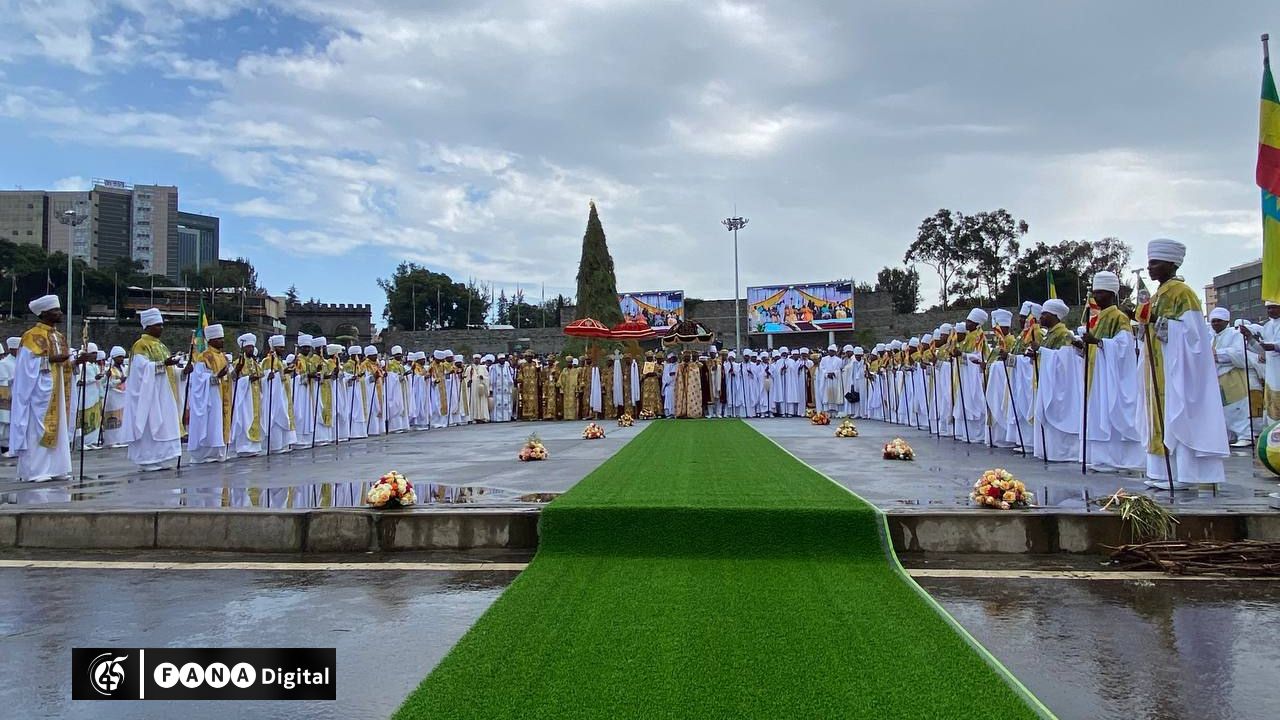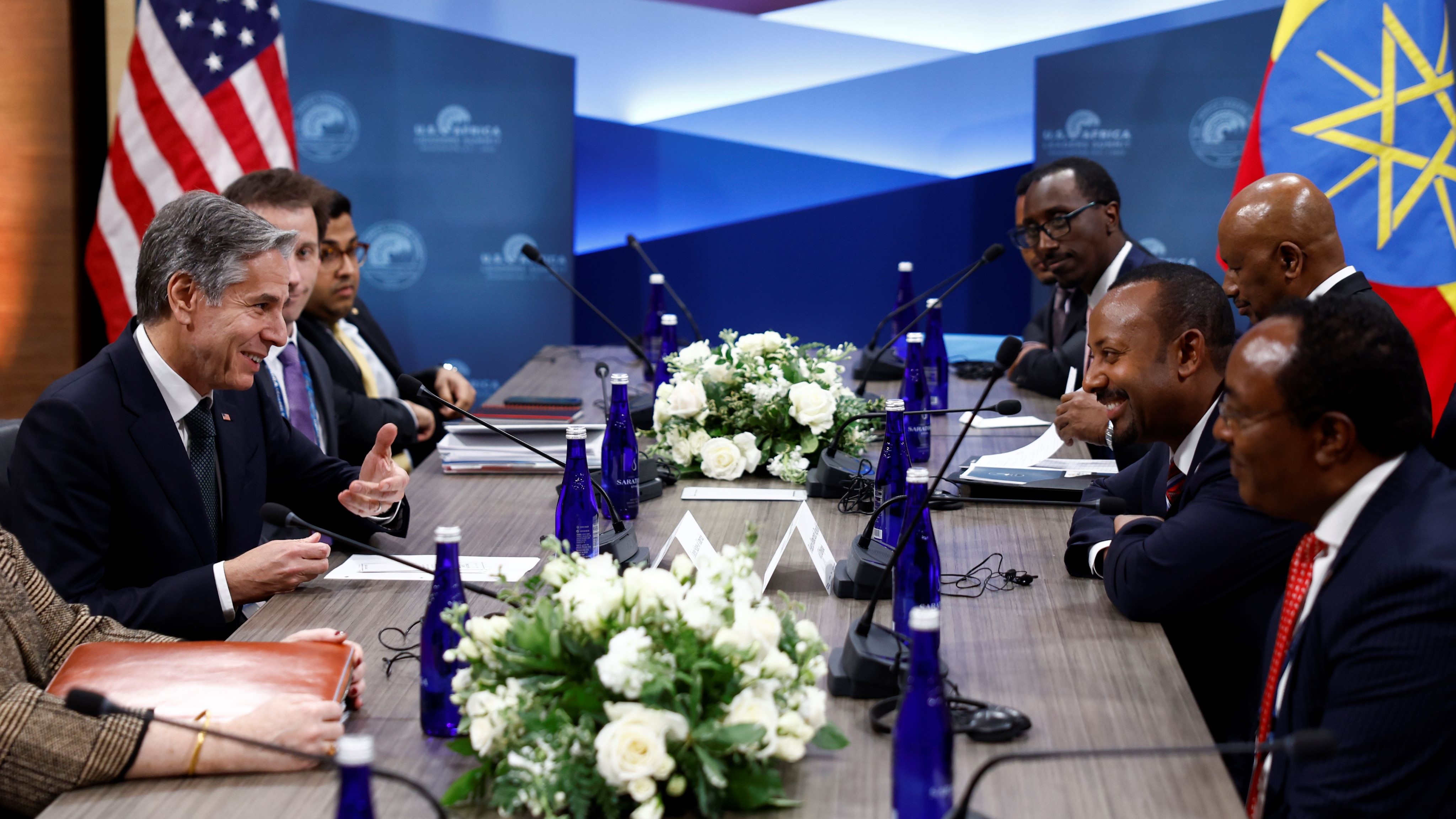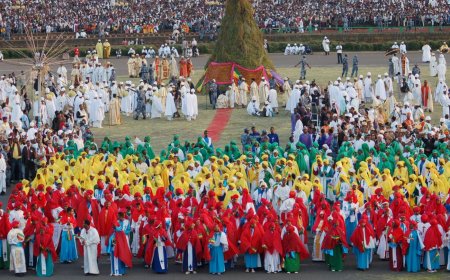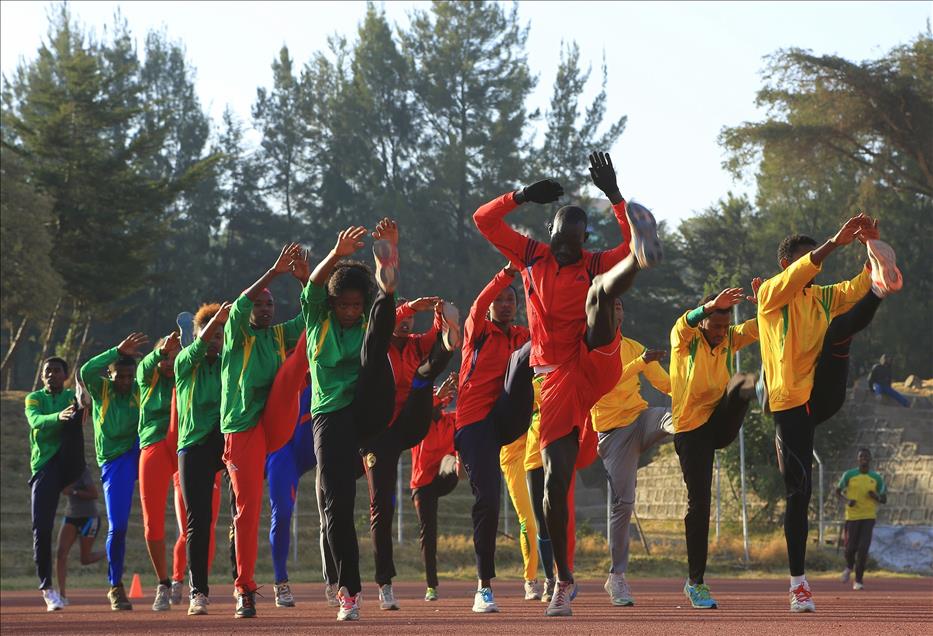Ethiopia's Diaspora: A Vital Connection to the Homeland
Explore the critical role Ethiopia's diaspora plays in supporting the nation through remittances, investment, culture, and advocacy, strengthening ties to the homeland.
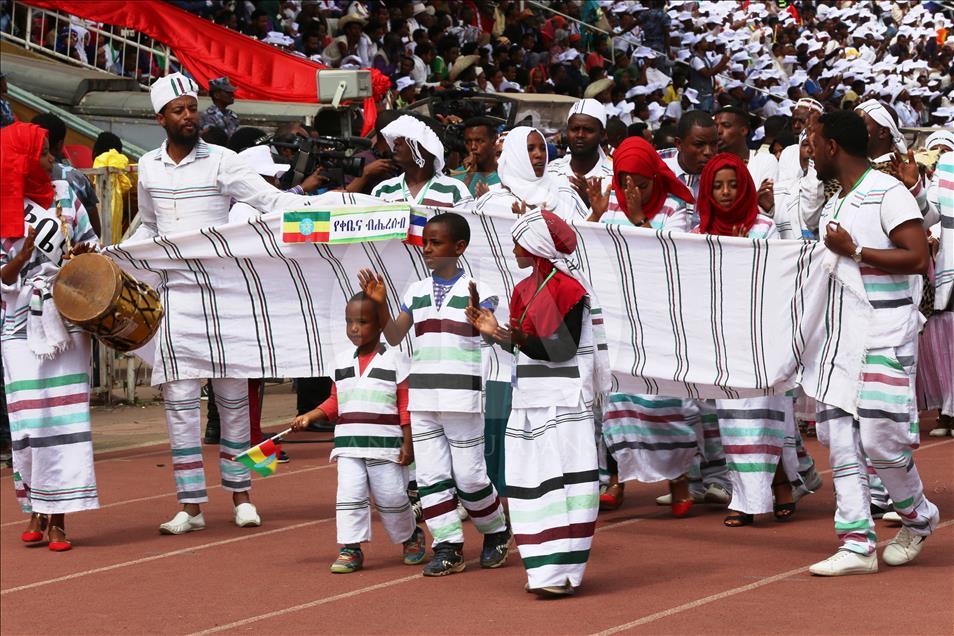
Ethiopia’s diaspora community, estimated to be in the millions, plays a significant and multifaceted role in the development and preservation of the homeland. Spanning across North America, Europe, the Middle East, and beyond, the Ethiopian diaspora has established itself as a crucial contributor to Ethiopia’s economy, culture, and global image. Through remittances, investments, cultural preservation, and advocacy, the diaspora continues to strengthen its ties with Ethiopia, fostering a symbiotic relationship that benefits both the host countries and the homeland.

Economic Contributions: Remittances and Investment
One of the most tangible ways the Ethiopian diaspora supports the country is through remittances. Every year, Ethiopians living abroad send billions of dollars back home, providing a lifeline to families and helping to bolster the national economy. According to the World Bank, remittances have become one of the largest sources of foreign exchange for Ethiopia, surpassing even foreign direct investment (FDI) in some years. These remittances not only support basic needs such as food, education, and healthcare for recipients but also contribute to local economic activities by funding small businesses and infrastructure development.
In addition to remittances, the Ethiopian diaspora is increasingly becoming involved in direct investments in their home country. Many expatriates have taken advantage of government initiatives aimed at encouraging diaspora investment, particularly in sectors such as real estate, agriculture, manufacturing, and services. The Ethiopian Investment Commission (EIC) has provided incentives, including tax breaks and land lease benefits, to attract diaspora investment, recognizing the potential of the diaspora in driving the country’s economic transformation.
Moreover, some members of the diaspora have returned to Ethiopia to start businesses, invest in startups, and share their knowledge and skills in key industries. This “brain gain” has become an important element of Ethiopia’s economic strategy, as the country seeks to leverage the expertise of its citizens abroad to drive innovation and development at home.

Cultural Preservation and Promotion
The Ethiopian diaspora plays a vital role in preserving and promoting Ethiopian culture around the world. Whether through traditional music, art, language, or religious practices, Ethiopians abroad have maintained strong cultural ties to their homeland, passing on traditions to younger generations born outside the country. In cities like Washington, D.C., London, and Toronto, large Ethiopian communities have created vibrant cultural hubs where the richness of Ethiopian heritage is celebrated.
Events such as the annual Ethiopian Day in Washington, D.C., or Meskel celebrations in different diaspora cities serve as a platform to showcase Ethiopian culture to the wider world, while also strengthening bonds within the community. Ethiopian restaurants, cultural associations, and religious institutions abroad play a key role in preserving the language and traditions, ensuring that even in the diaspora, Ethiopians remain connected to their roots.
In addition, the diaspora has been instrumental in promoting Ethiopian culture globally. Through music, film, art, and literature, Ethiopians abroad have introduced their rich heritage to international audiences, creating a positive image of the country on the global stage. Artists like the late Mulatu Astatke, known for his Ethio-jazz, and contemporary Ethiopian-American filmmakers and authors have contributed significantly to the global recognition of Ethiopia’s cultural richness.
Advocacy and Influence
The Ethiopian diaspora has also emerged as a powerful advocate for the homeland, using its influence in host countries to shape foreign policy and raise awareness of critical issues affecting Ethiopia. During times of political or social unrest, the diaspora has organized protests, launched advocacy campaigns, and lobbied governments and international organizations to address concerns in Ethiopia.
One prominent example of diaspora advocacy was during the conflict in the Tigray region, when members of the Ethiopian diaspora in the United States and Europe organized rallies and engaged in media campaigns to raise awareness of the humanitarian crisis. Diaspora communities have consistently mobilized during times of need, whether it’s through advocating for peace, economic support, or raising funds for disaster relief.
In many ways, the diaspora serves as a bridge between Ethiopia and the international community, amplifying the country’s voice and concerns on the global stage. Many Ethiopian diaspora members hold prominent positions in government, international organizations, academia, and business, enabling them to advocate for Ethiopia’s interests through their networks and influence.
Challenges and Engagement with the Homeland
While the Ethiopian diaspora’s contributions are invaluable, challenges remain in terms of engaging with the homeland effectively. For some diaspora members, maintaining a strong connection to Ethiopia can be difficult due to political divisions, economic instability, or logistical barriers. Additionally, there are concerns about the transparency and accessibility of investment opportunities, particularly in relation to bureaucratic hurdles and currency exchange issues.
Efforts to bridge these gaps have included the creation of diaspora engagement offices within the Ethiopian government, designed to streamline communication and foster stronger ties between the diaspora and the homeland. These offices work to ensure that diaspora voices are heard in the national development agenda and that investments and remittances are utilized effectively for sustainable growth.
There is also an ongoing need for diaspora unity, as divisions along ethnic, political, and regional lines can sometimes hinder collective efforts to support Ethiopia. Promoting solidarity and inclusivity within the diaspora can strengthen its ability to contribute positively to the country’s development and peacebuilding efforts.
Conclusion
Ethiopia’s diaspora is a vital force in the nation’s growth, serving as a bridge between Ethiopia and the rest of the world. Through remittances, investments, cultural preservation, and advocacy, the diaspora plays a critical role in shaping Ethiopia’s future. While challenges remain in terms of engagement and political unity, the continued involvement of Ethiopians abroad is essential to the country’s development journey.
What's Your Reaction?
 Like
0
Like
0
 Dislike
0
Dislike
0
 Love
0
Love
0
 Funny
0
Funny
0
 Angry
0
Angry
0
 Sad
0
Sad
0
 Wow
0
Wow
0
